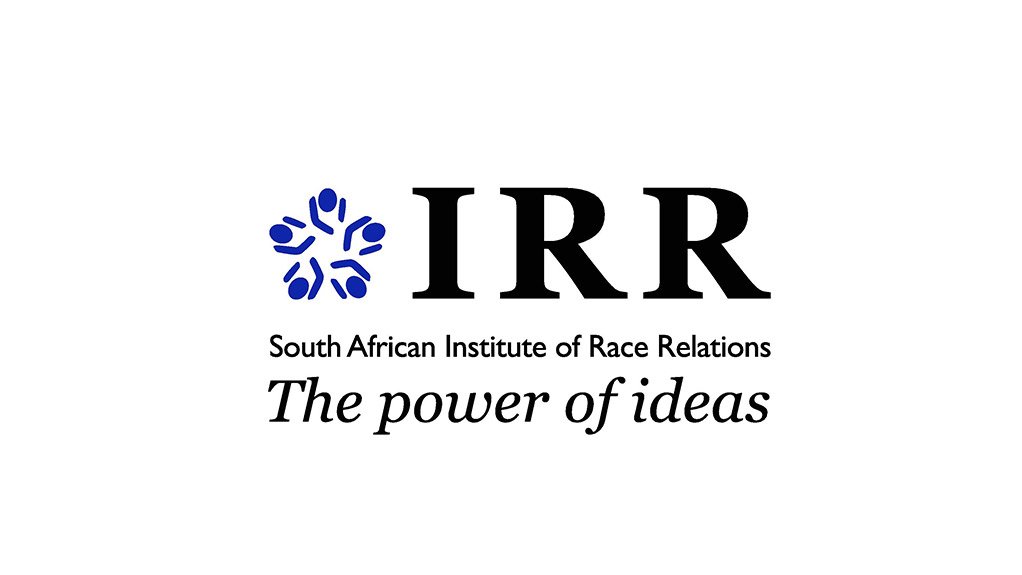There has been much ado about the government’s handling of the process to procure Covid-19 vaccines, and with good reason, given the delay in procuring enough vaccines timeously for most South Africans to be inoculated.
After months of assuring the country that they had engaged with the various vaccine manufacturers, it emerged that the government had in fact dragged its feet in securing anything like enough doses of the vaccine.
This comes, however, as the government persists with its plans to create a National Health Insurance (NHI) scheme intended to provide for the healthcare needs of all South Africans. Payment into this insurance would be mandatory, even if you chose to keep your private medical aid or insurance.
Implementing and managing a scheme of such a scale would be massive undertaking, one that even developed countries with a relatively effective civil service, such as United Kingdom (UK), are still battling to master.
But there can be little doubt that the government’s performance in the Covid-19 vaccine procurement process inspires nil confidence in the prospect of its successfully implementing and managing NHI.
In this sense, the Covid-19 vaccine procurement process can be regarded as a litmus test for government’s likely handling of the mega project of NHI.
It has become patently clear from all the reports that the government has misled the public, failed to engage vaccine manufacturers in time, and is incapable of managing large processes and systems.
In a recent article on News24 it was revealed by an unnamed Pfizer employee that the company attempted to contact South African health officials for “months and months”. This came after a health department spokesperson said that South Africa had had early meetings with some manufacturers in July 2020. The Pfizer employee acknowledges that initial discussions took place in June 2020, but that very little progress occurred thereafter.
Doubts have also arisen over the efficacy of the AstraZeneca vaccine against the variant of Covid-19 that is prevalent in South Africa.
President Ramaphosa delivered a special address at the World Economic Forum’s (WEF) digital Davos summit last month in which he tried to blame rich countries for the Covid-19 vaccine shortage in South Africa. He said: “We are concerned of vaccine nationalism. The rich countries in the world went out and acquired large doses of vaccines from the developers and manufacturers of these vaccines.
“Some countries went beyond and acquired up to four times than what their population needs. This is being done to the exclusion to other countries in the world.”
In response, the Institute of Race Relations (IRR) pointed out: “While the President is correct in saying that countries should collaborate so that no country is left behind, he cannot shy away from the fact that his government was found asleep at the wheel when it came to saving South African lives and livelihoods through an effective vaccine plan. It is absurd that the president can drop the ball, and then accuse other countries, with whom South Africa needs close collaboration, of rigging the game.”
From this ordeal one can only conclude that NHI would be a disaster, and would likely leave many South Africans without adequate healthcare, particularly if financial circumstances compel them to opt out of their private medical aid and medical insurance subscriptions. It is time for the government to acknowledge its limitations.
We have seen how badly the other centralised systems in the country are run – among them, electricity generation, social welfare payments, and the South Africans Police Service.
However, we know that the government will not admit to these limitations, as it insists on clinging to an outdated political ideology in the form of communism, and outdated policies in the form of centralisation and state intervention.
The IRR has long been promoting the introduction of vouchers in the healthcare sector, which would be an effective alternative to the NHI. Healthcare vouchers would see the state providing vouchers to those who cannot pay for healthcare on their own, which people could use to purchase medical cover, and could be topped up by employers. The vouchers would place power and autonomy in the hands of individuals to choose how and where they wish to purchase healthcare, instead of having choices made for them by an interventionist state.
Moreover, the healthcare vouchers would introduce much needed competition into the public healthcare sector as it would allow South Africans to choose which facilities they get their healthcare from. Poorly performing hospitals and clinics would be punished as individuals opt to use their vouchers elsewhere, and this would in turn force an improvement in healthcare service delivery.
The Covid-19 vaccine procurement and roll-out process was the perfect opportunity for the government to demonstrate to South Africans that it has the skills and capacity to implement and manage NHI. Unfortunately, the government has failed this test – a failure that speaks volumes for the proposed NHI.
Duwayne Esau is the Strategic Communications Officer at the Institute of Race Relations, a liberal think tank that promotes political and economic freedom.
EMAIL THIS ARTICLE SAVE THIS ARTICLE ARTICLE ENQUIRY
To subscribe email subscriptions@creamermedia.co.za or click here
To advertise email advertising@creamermedia.co.za or click here











